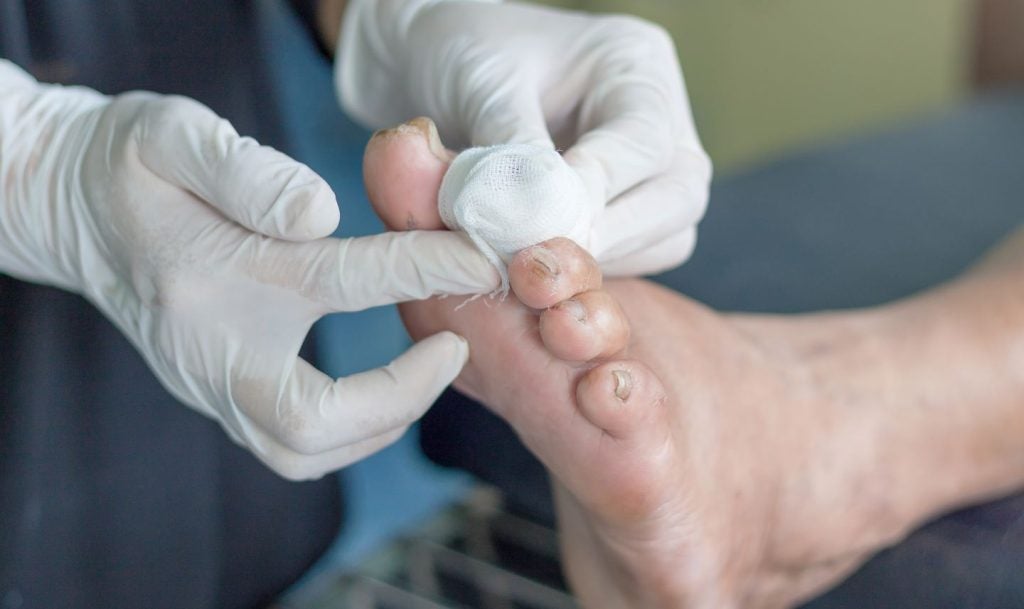AI and real-world data (RWD) can save investigators hours and avoid the need for data replication in clinical trials.
Mats Sundgren, PhD, European Institute of Innovation through Health Data (i-HD) spoke at the Outsourcing in Clinical Trials (OCT) Europe 2024 conference about how i-HD and Ignite Data collaborated in developing an electronic health record to electronic data capture (EHR-to-EDC) system, Archer.
Currently, investigators will input data collected about a patient in a trial into their EHR as standard of care before transferring this manually to the EDC to provide a sponsor.
Archer uses that data from the EHR and automatically transfers this in a deidentified manner to sponsors. Once the transfer is completed, the data is within Archer. Mats Sundgren added that informed consent is not a concern for this system as the same data points would ordinarily be transferred manually by an investigator under the informed consent agreement.
“Having this technology in full swing would make research that wouldn’t normally be possible, be possible,” said Sundgren.
Up to 70% of data used in clinical trials is replicated from data that already exists in a patient's EHR and is replicated. This accounts for approximately 20% of study costs, which are allocated to this data collection and verification process.
Not only can this technology save investigators time and reduce site burden, but it would in turn reduce a sponsor’s research and development costs.
One of the biggest problems with the current manual transfer process is that it can lead to human error, with previously accurate data being transferred inaccurately – something that can be reduced by this technology, which counts, however, on that first data collection being high quality and accurate.
The system is approved by both the European Medicines Agency and the US Food and Drug Administration following a study at Memorial Sloan Kettering Hospital in New York.
Although Archer does not yet implement AI systems Sundgren added that this is something that is being investigated to look at the transfer of unstructured data from a patient's EHR.
“AI has really come through extraordinarily in the last two years and it has been interesting. I didn’t see it coming but it has a very important impact on trying to augment services in clinical trials,” Sundgren said.
“AI won’t do anything unless we have high-quality, accurate data. That is fundamental for AI to be as promising as it can be.”
Archer is not a completely automated service and still requires some interaction by the investigator, with Sundgren adding that in his view, that remains vital to ensure the data is properly transferred.
















